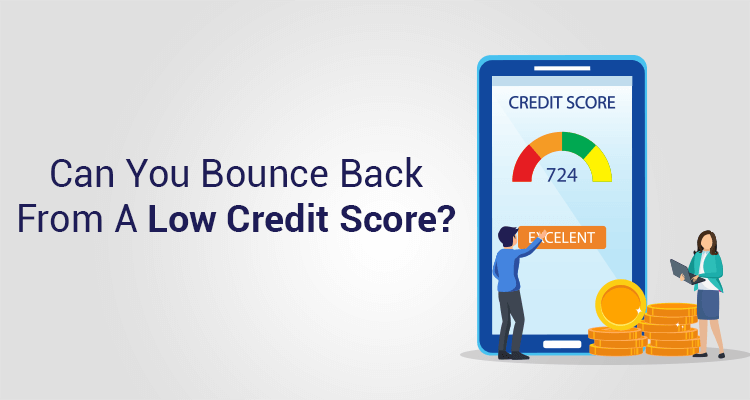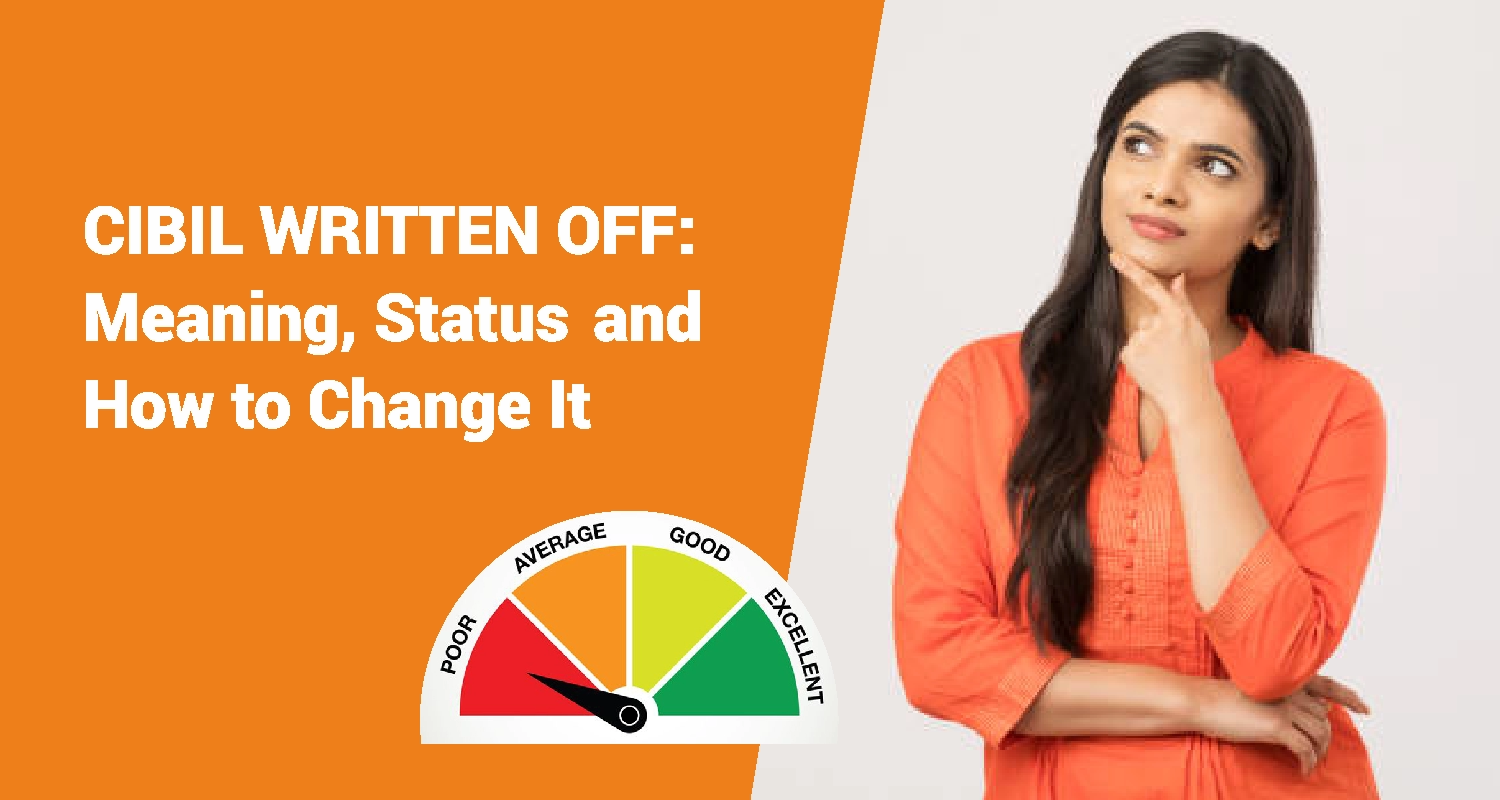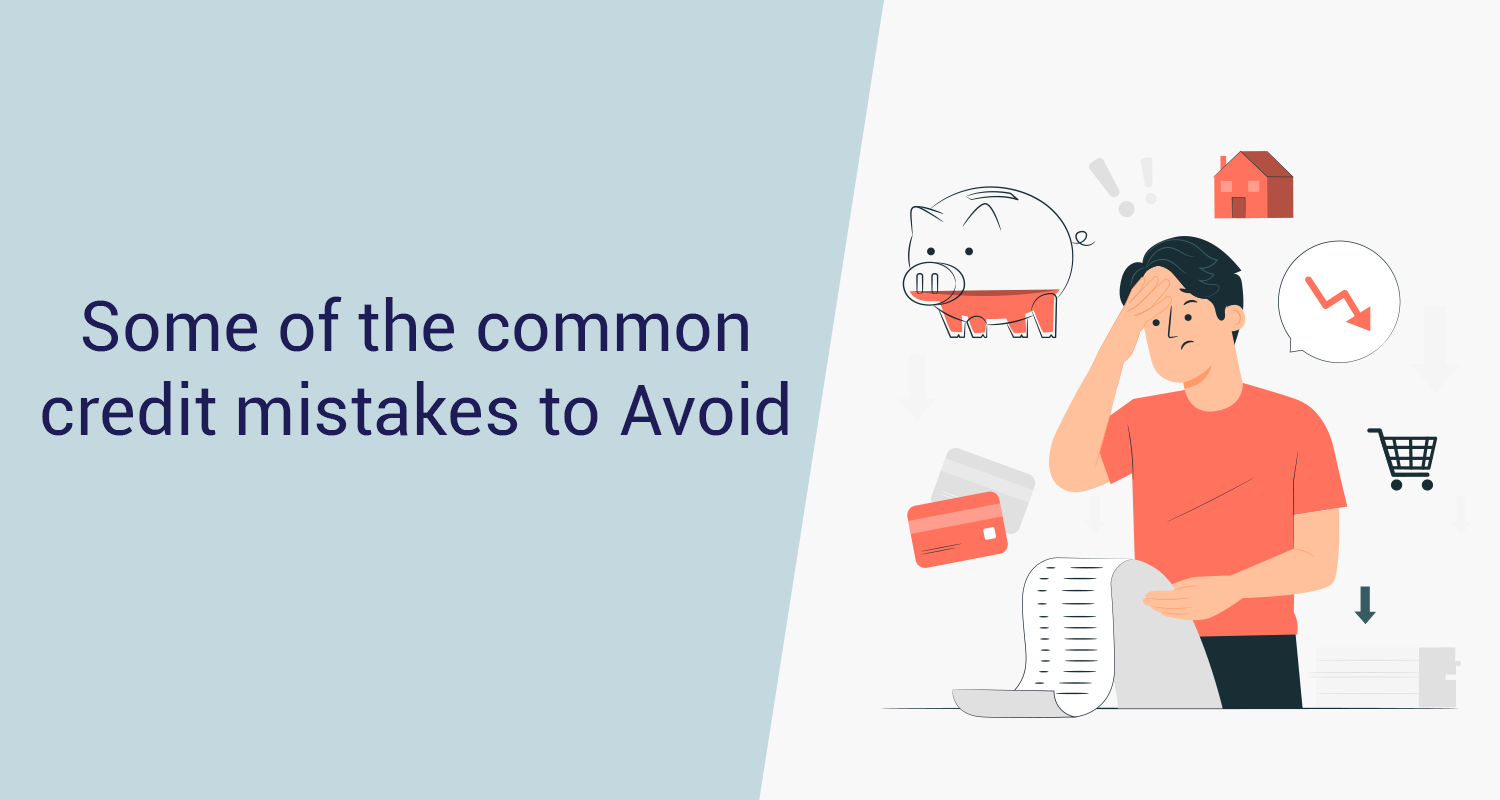Can You Bounce Back From A Low Credit Score?

A person’s credit score not only determines the possibility of availing a loan but also plays a key role in determining the rate of interest charged and the maximum amount a person can borrow. A low credit score can be interpreted as a sign of indiscipline in credit behaviour. This could lead to rejections for loan availability or a significantly higher rate of interest.
Though, a credit score is a reflection of past credit payments and behaviour, a borrower can bounce back from a low credit score and move to a higher credit or CIBIL score. A score of 750 and above is generally considered to be a good score by the lenders. To move to higher score, a borrower will need to follow certain credit discipline.
What Is A Credit Score?
A credit score is a number from 300 to 900 that depicts your creditworthiness. It depends on factors such as timely repayment of credit card bills, EMIs, types of loans, length of credit history and an individual’s total debt. This score is provided by credit bureaus, CIBIL being one of the most famous one in India.
What Is A Bad Or Low Credit Score?
A bad or low credit score refers to a person’s history of not being able to pay EMIs and other dues in a timely manner. This also reflects their incapacity to do so for in future. Since such a person is considered a risky borrower, they find it difficult to borrow money at a competitive rate of interest. Any number below 650 is considered to be a bad or low credit score.
A low credit score can lead to these roadblocks –• Rejection of loans in the future
• Higher rate of interest
• Low loan amount
• Low credit card limits
Measures To Improve A Credit Score
Following steps can help you bounce back from a low credit score and maintain it at high level.• Credit Utilization Ratio –
A credit utilization ratio is the percentage of the total credit being used from the total credit available on credit cards. Ideally, it should be less than 30%. A low credit utilization ratio means that you are financially disciplined and improves your creditworthiness.• Avoid Multiple Credit Applications –
Avoid applying for too many loans in a short span of time. Too many loans will result in too many financial obligations hence reducing the capability to pay for future loans. This reduces the credit score.• Pay Your Dues Regularly –
In order to improve the credit score, you must pay your credit card bills, EMIs and other outstanding timely and not just the minimum amount but in full.• Review Your Credit Report –
Credit reports are reports prepared by credit bureaus and are based on careful analysis of the data provided by banks and financial institutions. You should regularly check these reports to determine the factors that bring down your credit score and work towards them. Sometimes, these reports can also have an erroneous entry which can bring down your credit score. A regular check can help rectify such errors quickly.• Track The Repayment Status Of Joint Loans –
You might be paying your part of EMI timely for a joint loan. Check if the joint owner is doing the same as his indiscipline can affect your credit score.• Do Not Close The Old Good Credit Accounts –
The credit accounts which have been paid timely and in full should not be closed. When they are reflected in your credit report, it implies a good financial discipline and is considered as a measure of a good creditworthiness.• Credit Mix –
Keep a good balance between secured and unsecured loans in order to show your ability to manage all types of loans. This will improve your creditworthiness.Conclusion
Bouncing back from a bad credit score is possible if a good financial discipline is being followed. This includes timely and full payment of EMIs and credit card bills, low credit utilization ratio, mix of secured and unsecured loans and avoiding too many loans at a short span of time.
IIFL Finance helps provides a detailed analysis of your credit behaviour and fetches your CIBIL score instantly and for free. IIFL Finance also provides expert tips to improve your credit score. It also provides exciting personalised loan offers based on your credit score.
Disclaimer: The information contained in this post is for general information purposes only. IIFL Finance Limited (including its associates and affiliates) ("the Company") assumes no liability or responsibility for any errors or omissions in the contents of this post and under no circumstances shall the Company be liable for any damage, loss, injury or disappointment etc. suffered by any reader. All information in this post is provided "as is", with no guarantee of completeness, accuracy, timeliness or of the results etc. obtained from the use of this information, and without warranty of any kind, express or implied, including, but not limited to warranties of performance, merchantability and fitness for a particular purpose. Given the changing nature of laws, rules and regulations, there may be delays, omissions or inaccuracies in the information contained in this post. The information on this post is provided with the understanding that the Company is not herein engaged in rendering legal, accounting, tax, or other professional advice and services. As such, it should not be used as a substitute for consultation with professional accounting, tax, legal or other competent advisers. This post may contain views and opinions which are those of the authors and do not necessarily reflect the official policy or position of any other agency or organization. This post may also contain links to external websites that are not provided or maintained by or in any way affiliated with the Company and the Company does not guarantee the accuracy, relevance, timeliness, or completeness of any information on these external websites. Any/ all (Gold/ Personal/ Business) loan product specifications and information that maybe stated in this post are subject to change from time to time, readers are advised to reach out to the Company for current specifications of the said (Gold/ Personal/ Business) loan.



